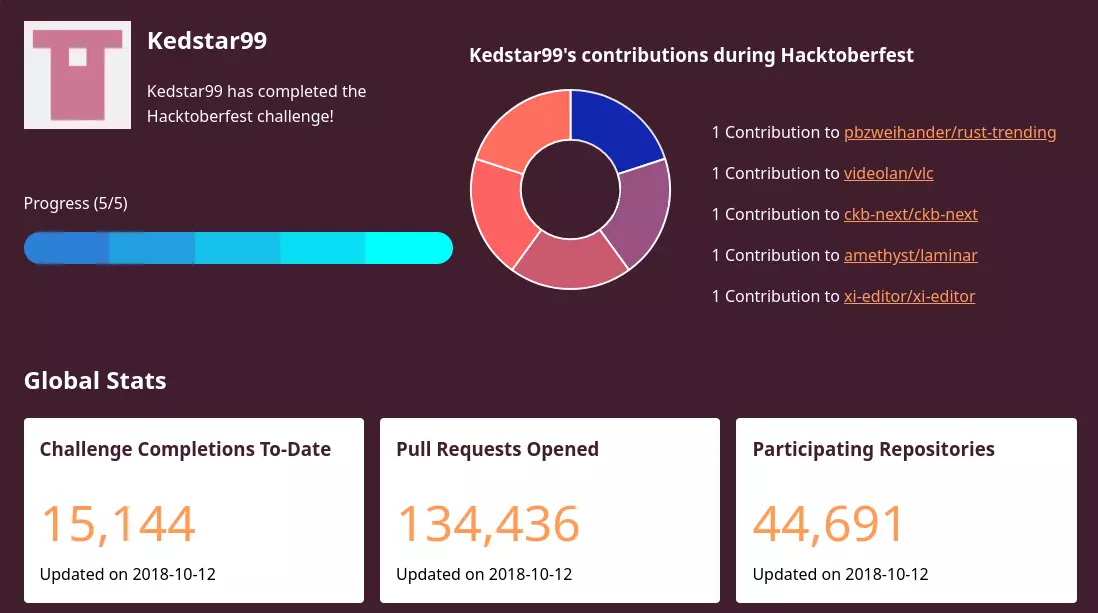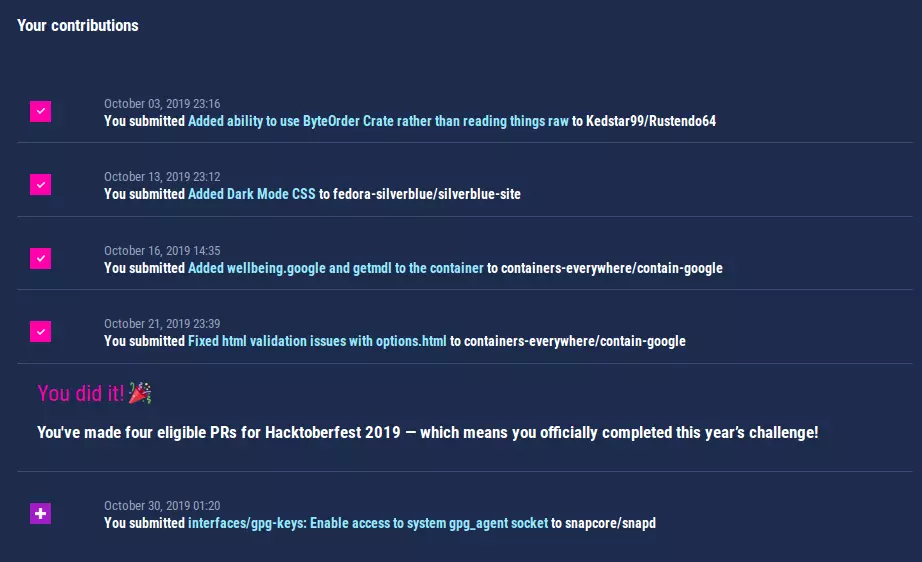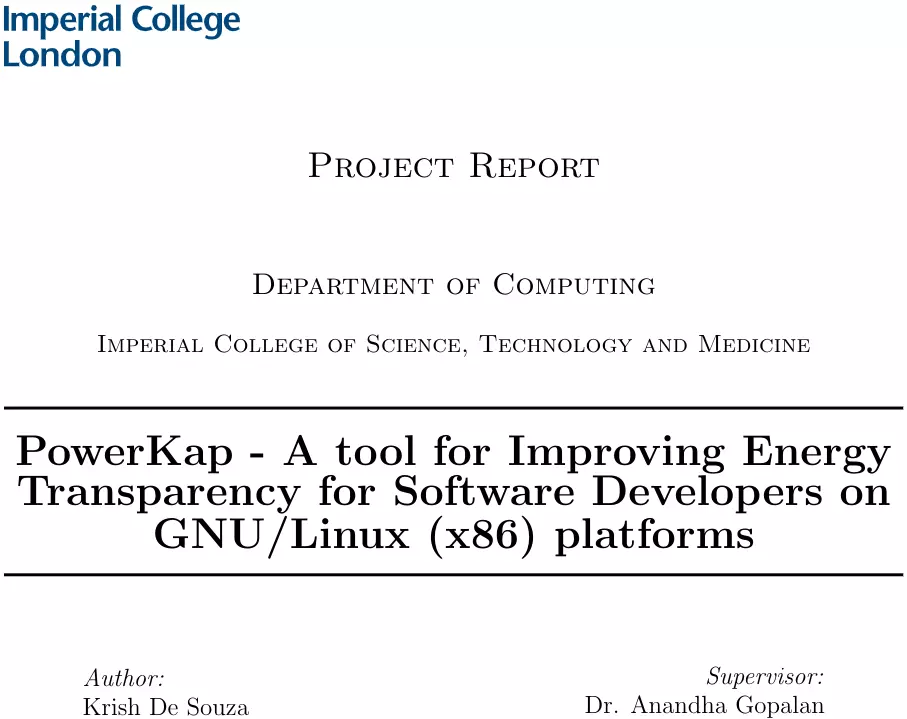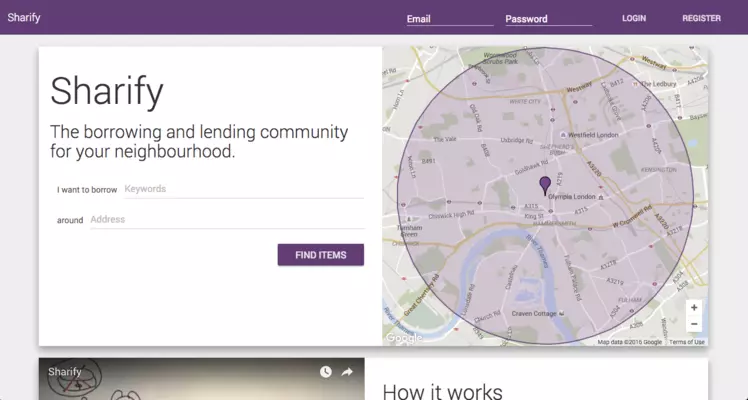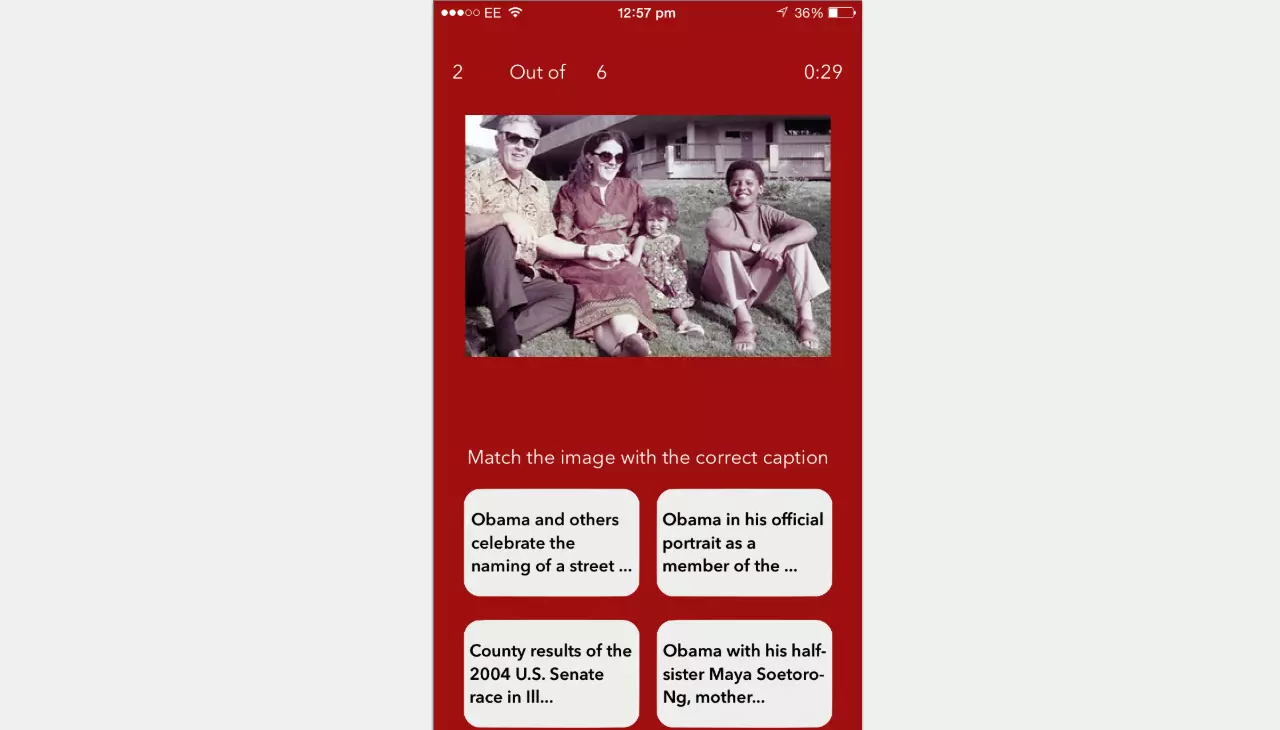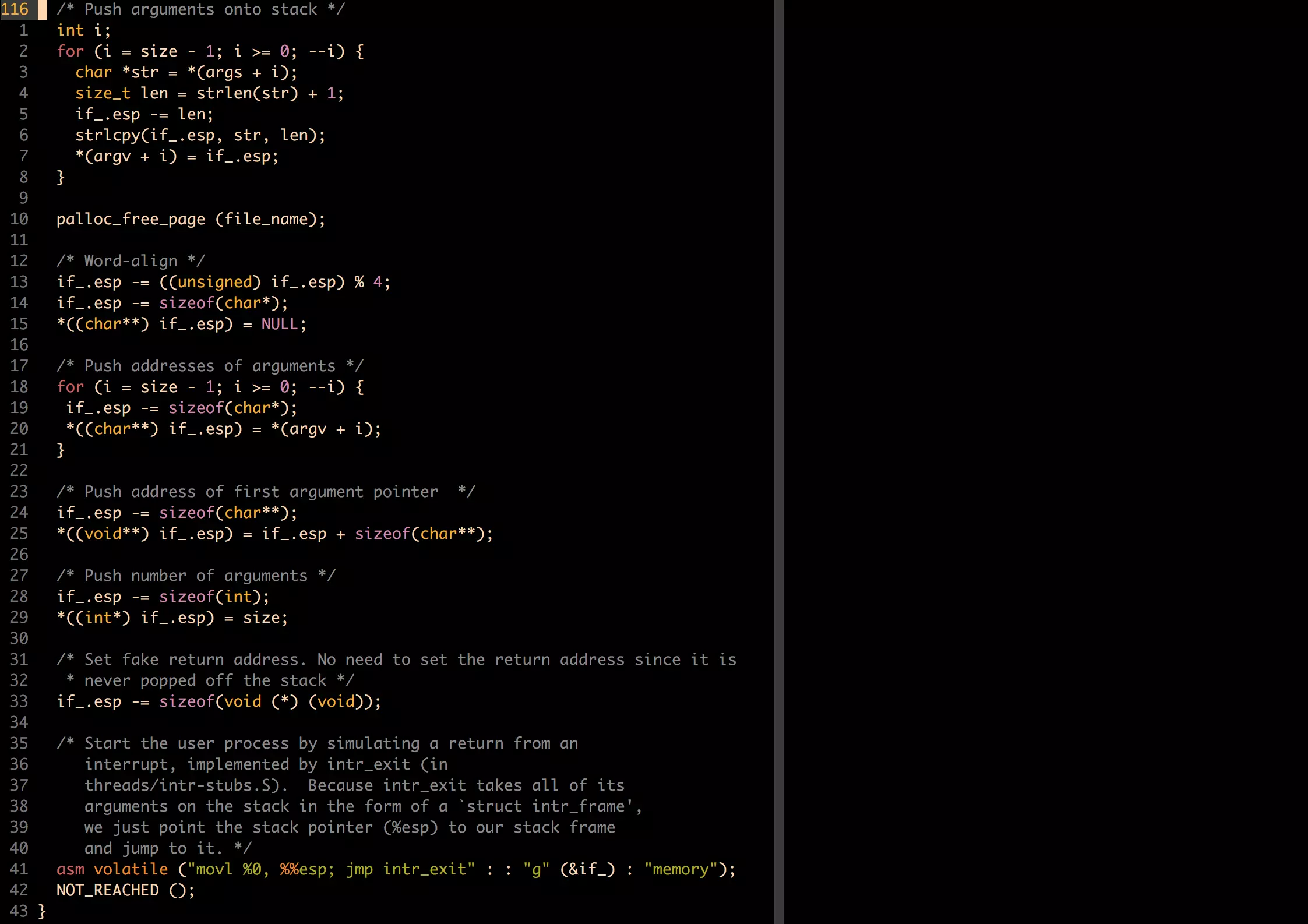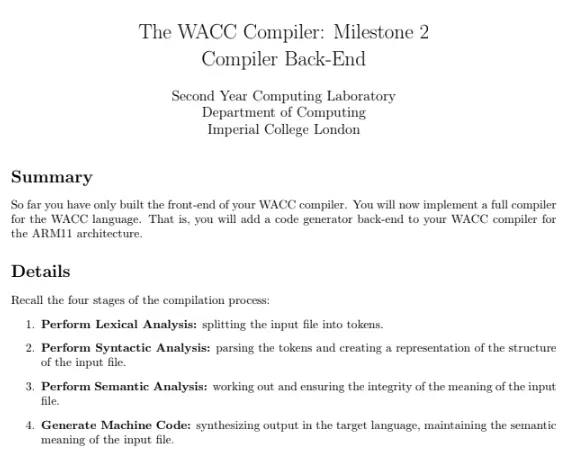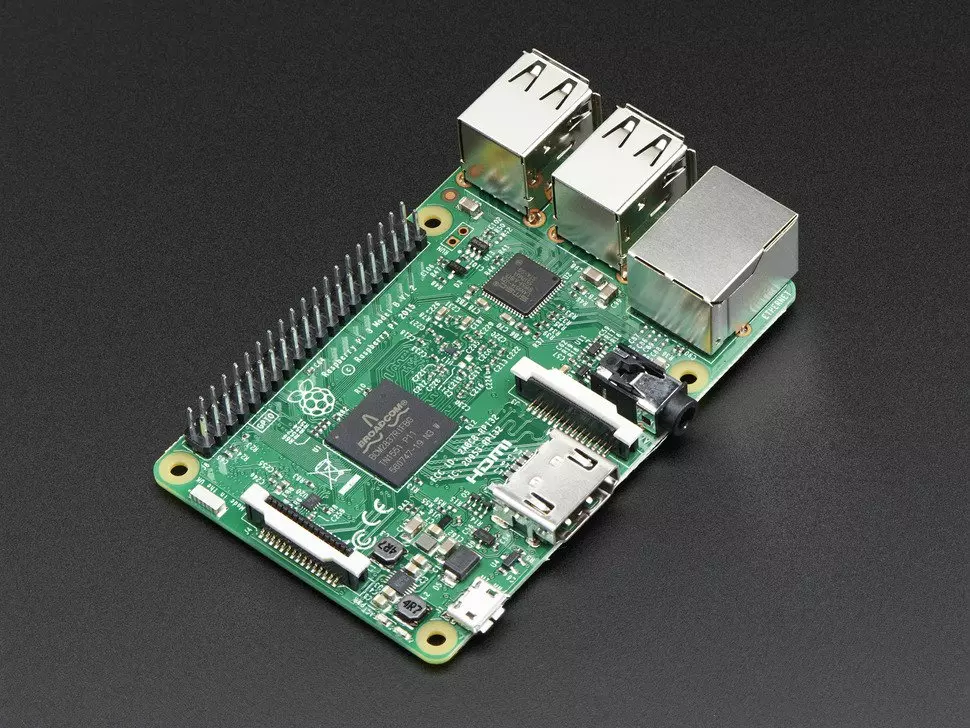Current Projects and Contributions
This year, my goal has been to build upon last year's success. Mainly by continuing my ventures into Hacktoberfest and Open source. My current project is to build a Nintendo64 emulator in Rust. Feel free to follow my progress on Github.
Through the above experiences, I have gained experience in contributing to a wide-variety of packages. This includes learning to follow through with feature requests from email and permissioning to implementation. In addition, I have learnt and applied a wide variety of skills that have proved useful for contributing. This includes the following.
- Successfully utilised Docker to aid in building and packaging a wide variety projects.
- Learned new tricks across various version control platforms including Git, Mercurial and Bazaar. I also learned how to sign my requests and publish them on Launchpad.
- Discovered various linting utilities including clippy (Rust), Pylint and Shellcheck. These have been useful for finding potential problematic areas in open code.
- Learned how to provide meaningful commit messages, and etiquette for pull requests.

